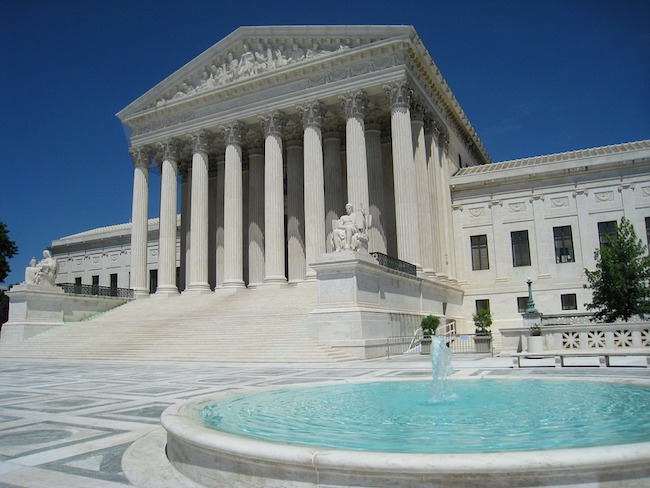Supreme Court Cheerleads for First Amendment by Alan M. Dershowitz for Gatestone Institute
- [The decision] sends a powerful message that the Supreme Court is still in the business of protecting offensive speech, even as big tech, universities and many progressives have tried to justify pervasive censorship of speech with which they disagree.
- [T]he most dangerous form of contemporary censorship comes not from the government, but rather from private parties who themselves have the First Amendment right to censor speech with which they disagree. In other words, what we are experiencing is an attack not on the First Amendment itself, but rather on the culture of free speech that the First Amendment is designed to protect.
- Today many such institutions punish students and applicants for social media statements they may have posted when they were the same youthful age as the cheerleader. Nor is the punishment always based on neutral or objective standards. It tends to be imposed far more on conservative students who have violated political correctness norms of the left. It is rarely, if ever, imposed on left-wing students, especially students of color, who make statements that are deeply offensive to conservatives and/or white heterosexual men. The constitutional reach of the First Amendment permits such selective punishment by private institutions, but the culture of freedom of expression does not.
In an 8-1 decision, the United States Supreme Court reminded a nation that seems to have forgotten freedom of speech about the importance of the First Amendment.
Justice Stephen Breyer wrote a thoughtful decision denying public schools the power to discipline high school students for talking the way high school students tend to talk among themselves outside of school. A 14-year-old cheerleader had made the mistake of sending a rant to a few friends, one of whose mothers was a coach.
This was not a broad decision that gave students the right to say or do anything outside of school. It was limited to cases in which students are disciplined for making statements that would generally be protected by the First Amendment and did not significantly affect the educational mission of the school. It would not apply, for example, to bullying or other harmful speech that would impact other students.




